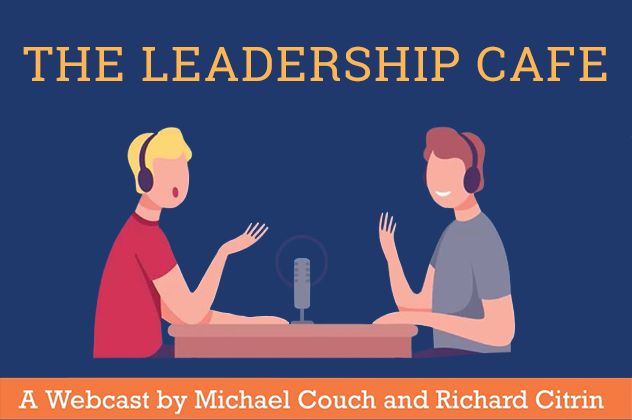A few weeks ago, I stopped by the library and found Erik Larson’s newest book about the period between Abraham Lincoln’s election and the beginning of the Civil War. This discovery was a delightful reminder of my childhood when I frequently visited the library to immerse myself in biographies of great people.
Lincoln has always fascinated me. Perhaps my greatest appreciation for him is his love of learning. Whether it was from reading by candlelight in a log house, studying law independently, or participating in the Lyceum Movement, a network of local discussion groups, his commitment to improving himself was unyielding. Doris Kearns Goodwin’s Team of Rivals highlighted how Lincoln found answers in working with his many critics and how his acceptance of their insights helped him navigate the most challenging time in our nation’s history.
In The Demon of Unrest, Larson depicts Lincoln’s dilemma as he faced Southern secession. Determined to preserve the Union, Lincoln began drafting his inaugural address, which William Seward—an initial rival—significantly revised. Lincoln’s original plan was to be stern with Southern plans ensuring that Union forts be “reclaimed,” if taken illegally. Seward’s suggestion was to soften Lincoln’s tone, which resulted in the memorable plea for unity that is well-known and was spoken in Lincoln’s first inaugural address:
“We are not enemies but friends. We must not be enemies. Though passion may be strained, it must not break our bonds of affection. The mystic chords of memory, stretching from every battlefield, and patriot grave, to every living heart and hearthstone, all over this broad land, will yet swell the chorus of the Union, when again touched, as surely, they will be, by the better angels in our nature.”
Lincoln’s words resonate deeply today. In our divided political climate, his message reminds us of the importance of focusing on the bigger picture and what, most importantly, is good for the Nation. Resilience plays a role in this in that it helps us understand and accept adversity, learn from experiences, and find strength in our differences. Just as Lincoln faced his immense challenges with grace and determination, we too can draw upon our inner strength and wisdom to navigate current difficulties. By embracing past lessons and fostering conversation, we can work towards a more united future.
After all, if Abraham Lincoln could learn from his mistakes, so can the rest of us.
© Richard Citrin 2024

